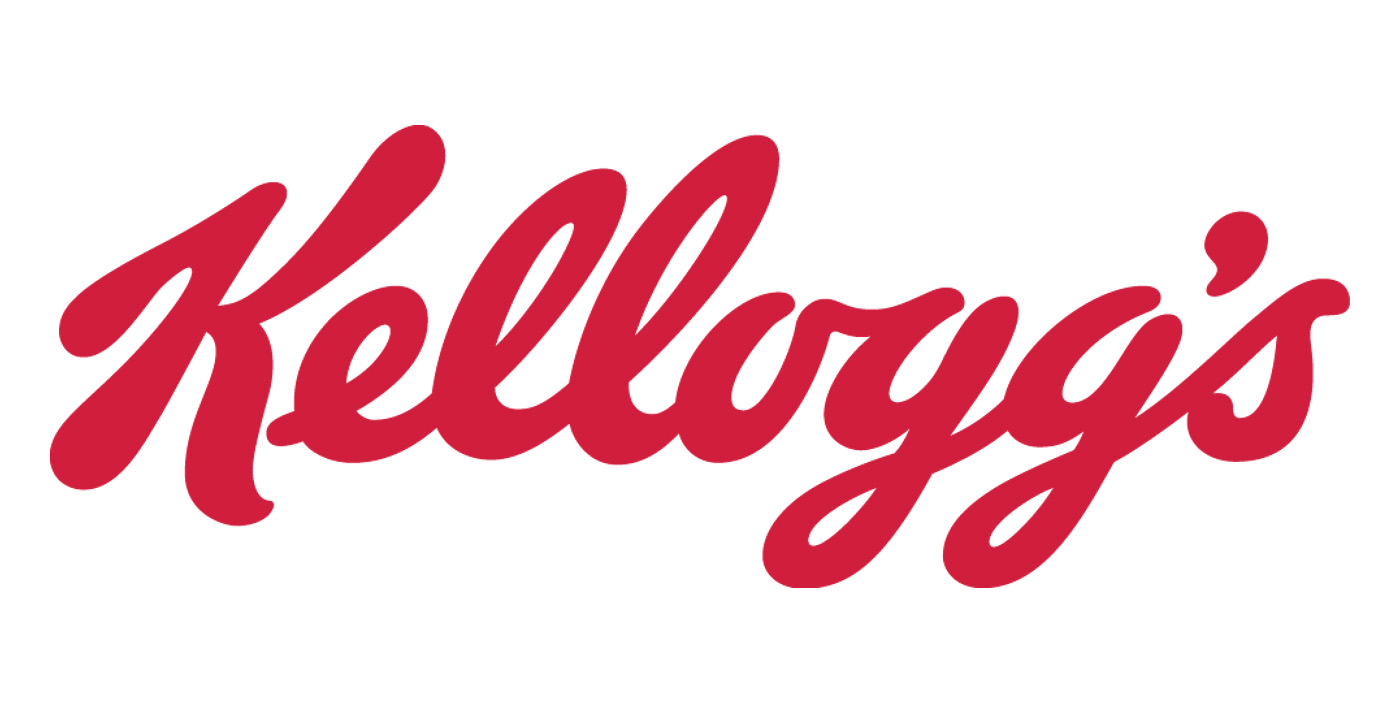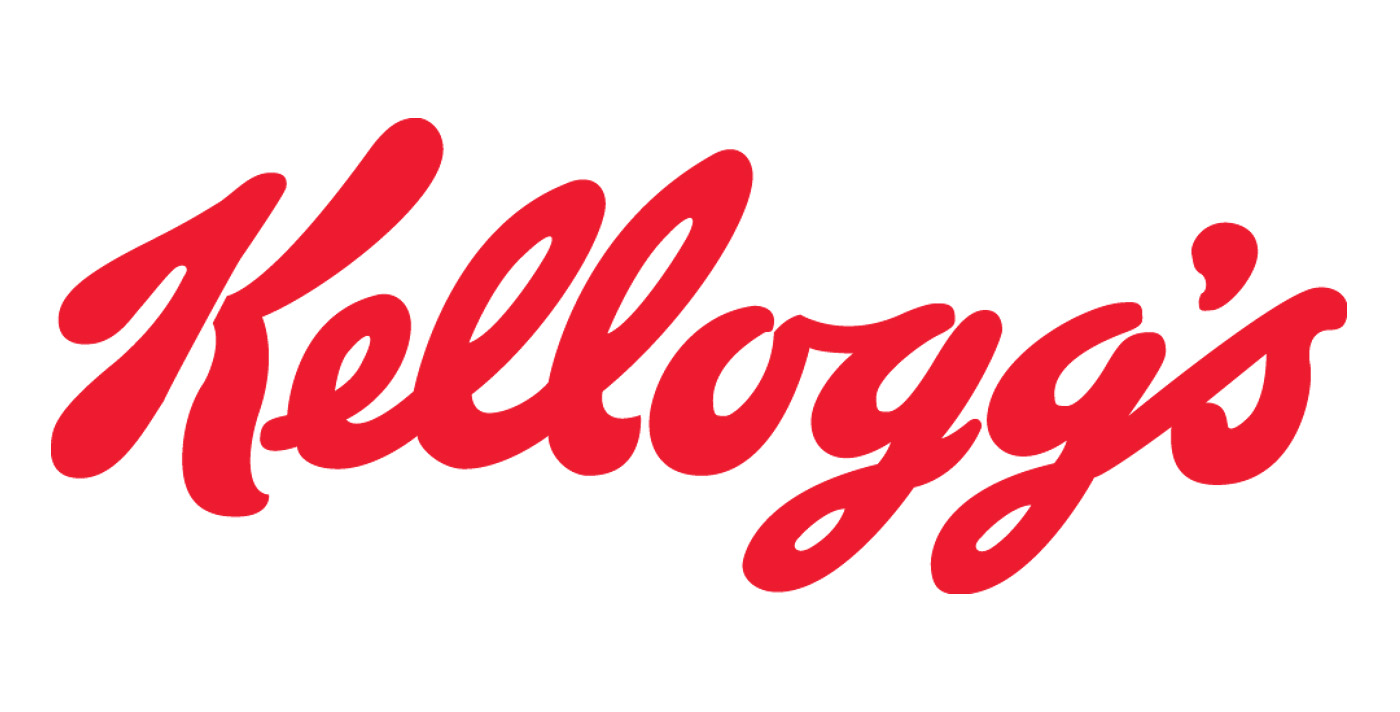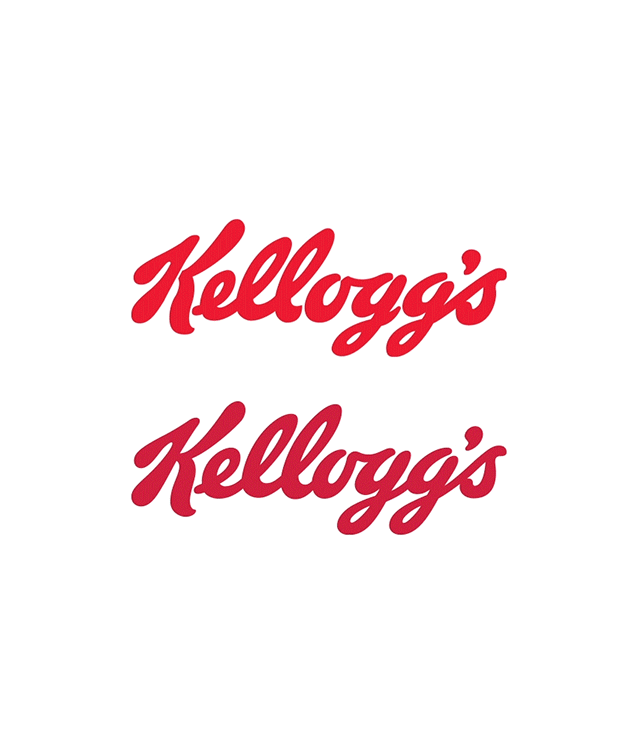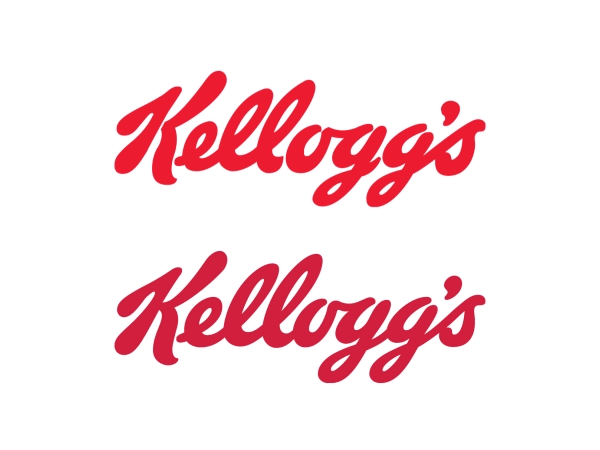I love the fact that the word ‘logotherapy’ exists. I love the true meaning of the word. And I love what many people will mistakenly think it means. For me, it has a beautiful multiplicity of meaning that I’m not going to do any justice to in the next couple of hundred words.
But here goes anyway. If you’re anything like me you will be sick to the back teeth of trying to explain to non-marketing people that their brand is not their logo. I know it shouldn’t get me irate. But it does. “Stop talking about your f****** logo. I’m not going touch your precious, 80s image of a globe surrounded by a swoosh and poorly kerned business name in Bodoni. I don’t give a rat’s arse about that. It’s not important.”
But still the brand conversation continues to gravitate to the merits or otherwise of refreshing the logo to make it more appealing to millennials. Whatever! So it was with ironic delight I stumbled upon the science of ‘logotherapy’. Initially I thought it was an attempt by a large brand agency to create a proprietary method of evolving brand logos. A scientific method that accurately measures how far you can change a logo to keep it fresh and up to date without anyone noticing. You’d be amazed how much time, effort and money goes into tweaking logos that are designed for no one to notice. Don’t believe me? Spot the difference between these two logos.

The tweaked logo

The old logo
If you think these are identical, you’re wrong. Those eagle-eyed designers will spot the difference but for everyone else I’ll give you a clue at the end of this article so you can see the difference. As an aside, if anyone is thinking of developing a proprietary methodology to scientifically measure how far you can change a logo without anyone noticing – too late. I’ve already got one. BrandBolloxTM But no.
‘Logotherapy’ isn’t the science of minimal logo evolution. It is in fact a form of psychotherapy developed by Viktor Frankl.
The theory is founded on the belief that human nature is motivated by the search for a life purpose; logotherapy is the pursuit of that meaning for one’s life. Now I don’t profess to have a deep understanding of Frankl’s theories. They are complex and way beyond my limited area of knowledge. I do have a copy of Frankl’s book “Man’s search for meaning” and while it’s a highly motivating piece of work, it isn’t a particularly easy read. Not only is Frankl incredibly intelligent and writes at a very high level, his ideas were heavily influenced by his personal experiences of suffering and loss in Nazi concentration camps. This makes it quite poignant and humbling at the same time. However, what I do take from his work is the belief that it is the striving to find a meaning in one’s life that is the primary, most powerful motivating and driving force in humans.
And that, my friends, is what I believe should be the primary, most motivating and driving force in brands and businesses. To find meaning. To have a purpose. And to involve as many people as possible in the pursuit of that purpose. Frankl quotes a phrase first used by Nietzche which is “He who has a why to live for can endure almost any how.” There is huge wisdom and strength in these words. It feels wrong to apply Frankl’s insight to the context of brand and marketing when you think of everything he had to endure in the concentration camps.
But if we were to apply his theory and appropriate just the merest of associations it would be to capture the full force of man’s search for meaning in everything we do. Including building and growing brands. We all know how difficult it is to get any sort of traction in today’s competitive landscape. Drawing on the timeless principles of man’s in-built search for meaning could be the just the thing we need keep us all going. Good for our customers. Good for the world. Good for our souls.
PS If you’re still thinking about those Kellogg’s logos, look at the space between the second ‘L’ and the ‘O’ and the space between the two ‘G’s. See? Different.




